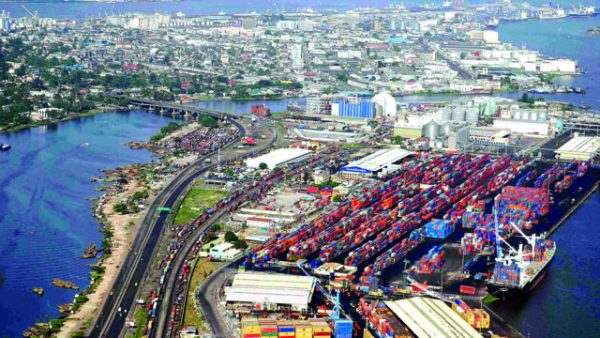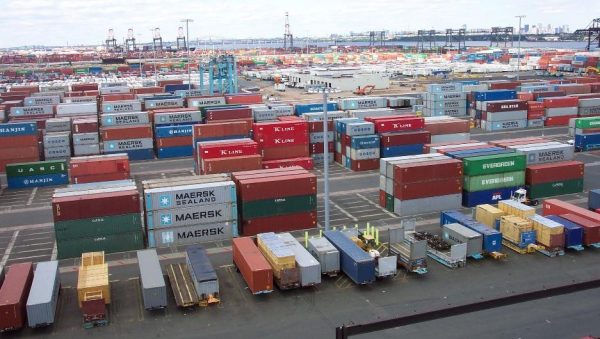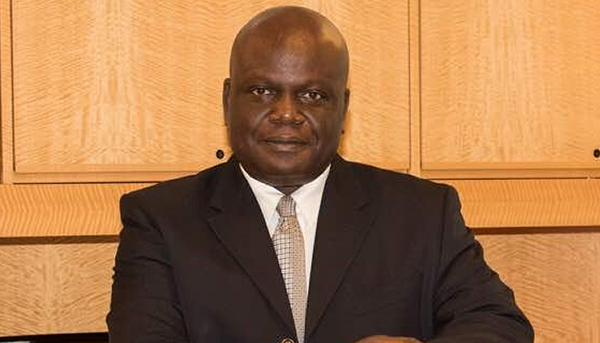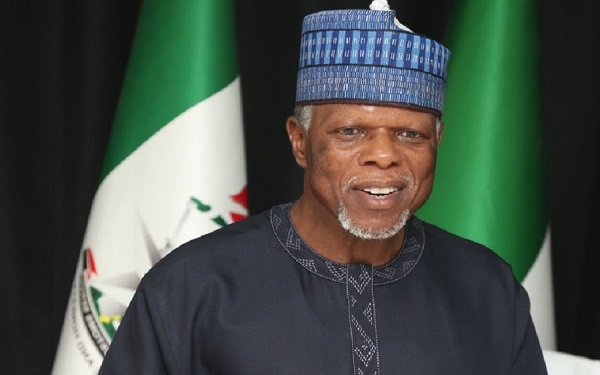TinCan Customs, freight forwarders disagree over collapse of “one-stop-shop initiative”

Barely two years after the “one-stop-shop initiative” was conceived by the TinCan Island Command of the Nigeria Customs Service (NCS), freight forwarders and customs agents have blamed the Command for the failure to sustain the trade facilitation platform.
The platform, which was introduced by the Controller in charge of Tin Can Island Port Command, Comptroller MBA Musa, was aimed at facilitating trade and discouraging multiple alerts for easy clearance of cargo, came under criticism for lack of sustainability.
Freight forwarders and customs brokers operating at the Command, described the platform as dead-on-arrival, adding that issues of multiple alerts still persist.
The President, Advocacy for Maritime Development Association of Nigeria, Segun Alabi, said the initiative was a stillborn, noting that it did not achieve its objective right from the onset.
According to him, most of the units under the Command like the valuation, Customs Processing Centre (CPC), Customs Intelligence Unit (CIU), Customs Area Controller (CAC), Monitoring and Compliance team give out alerts to cargoes awaiting clearance at the port.
Alabi said: “It has died even before the man said it. Don’t let us deceive ourselves. You see one-stop-shop means fast track and easy service, but are we getting that? Let them show us the template, the formality, the working process of the one-stop-shop. It still boils down to the way things are done.
“The one-stop-shop does not mean that you will not answer a query, you will answer multiple queries. So, what is one-stop-shop?” he queried.
A former Chairman, Association of Registered Freight Forwarders of Nigeria (AREFFN), Jude Ige, maintained that the introduction of the one-stop-shop initiative failed to address issues bothering on trade facilitation, adding that money expended on innovation was a waste of government’s scarce resources.
However, the Public Relations Officer of TinCan Island Command of Customs, Uche Ejesieme, noted that the issue at hand is not an opportunity for a blame game, as the purpose for which the platform was created was to facilitate trade.
He dismissed the allegation that the system collapsed, emphasising that operatives of the Service were bent on trade facilitation and discouraging revenue leakages.
Refusing to disclose the cause of the collapse of the platform, Ejesieme said it was a work-in-progress, while plans are ongoing for the Command to revive it.
“The CAC in its wisdom as a way of practically facilitating trade, muted the idea, but somewhere along the line for inexplicable reason, the thing was not working at the level we expect.
“Those reasons certainly are not the fault of the Service, but I don’t want to apportion blames. If people say it is because Customs wants to collect here and there, why did we waste resources creating the platform if we don’t have genuine intentions? It is a work-in-progress, yesterday, we had a meeting with our stakeholders; we are still looking at what we can do to bring it back, so it is a work in progress,” he maintained.








